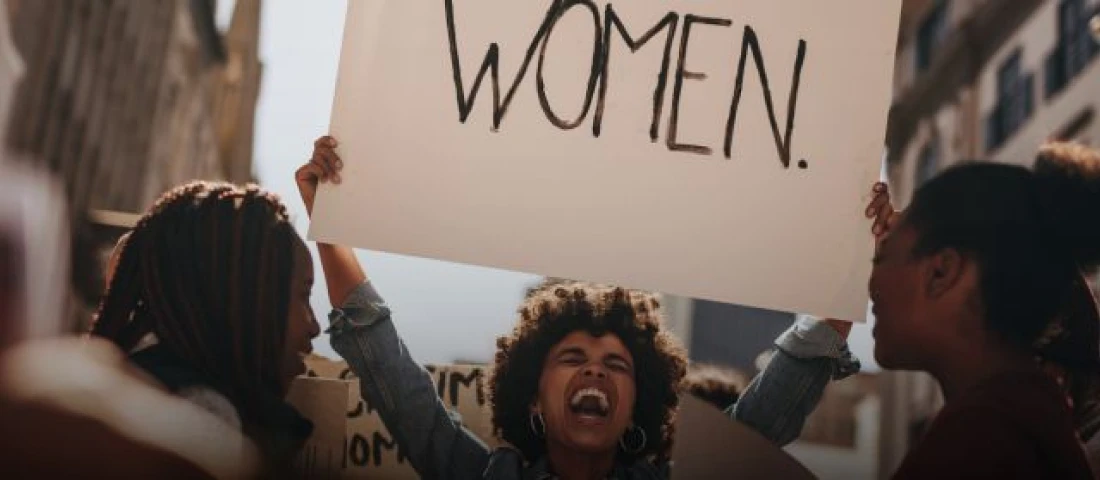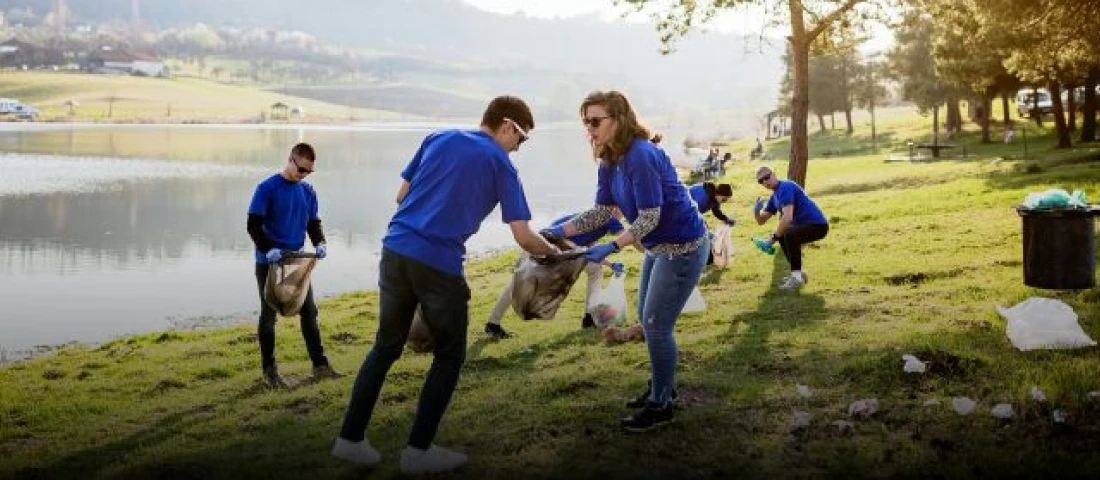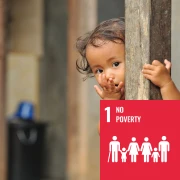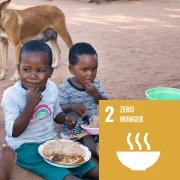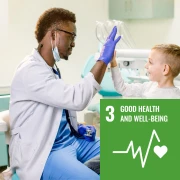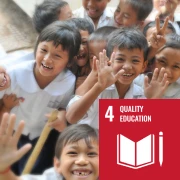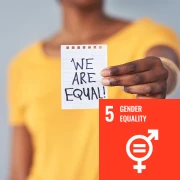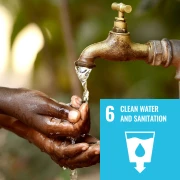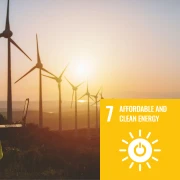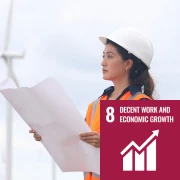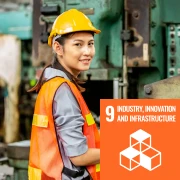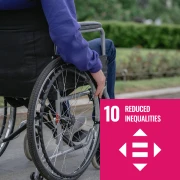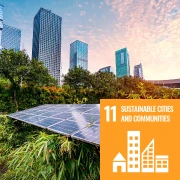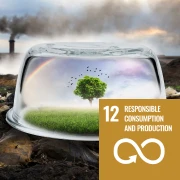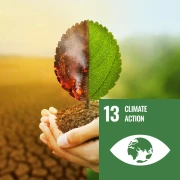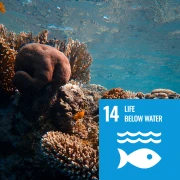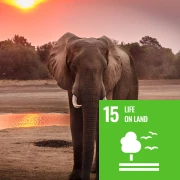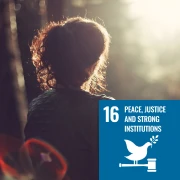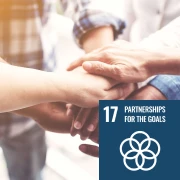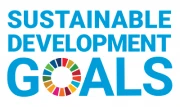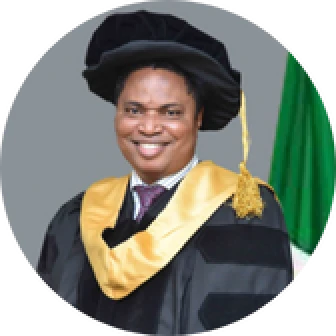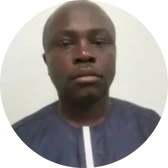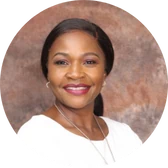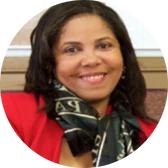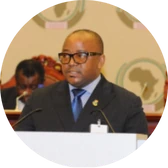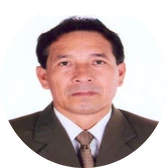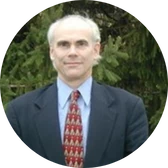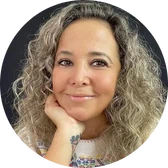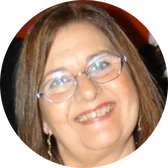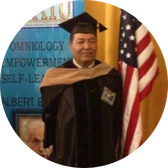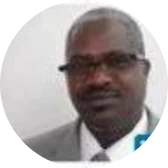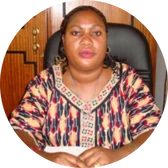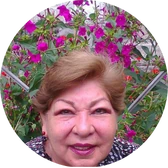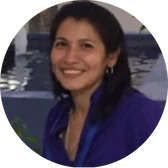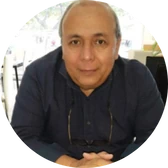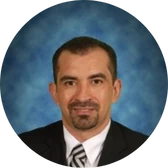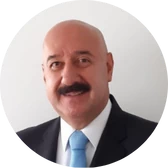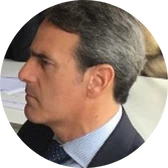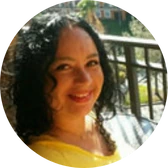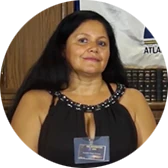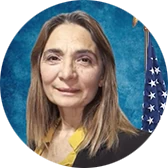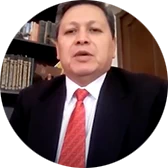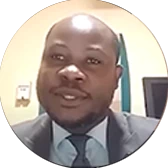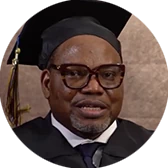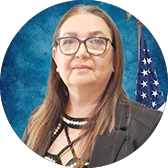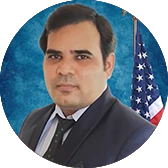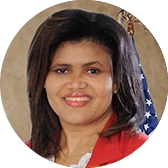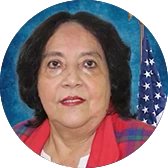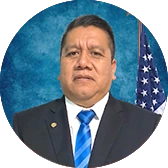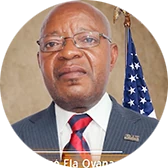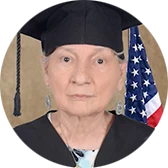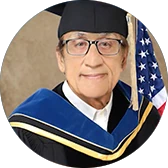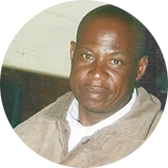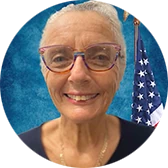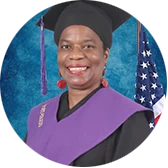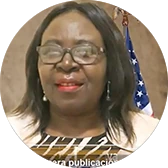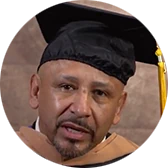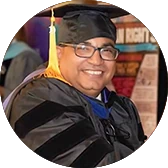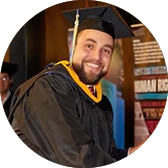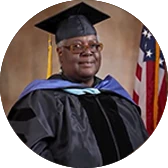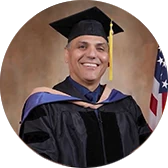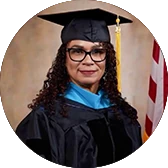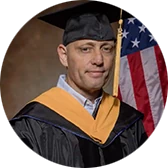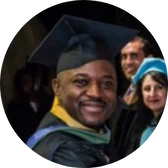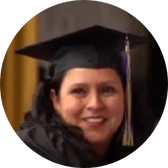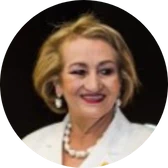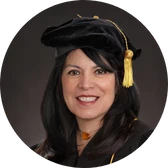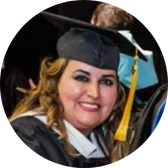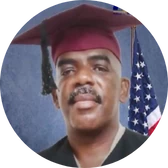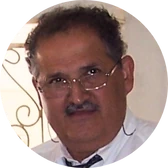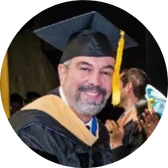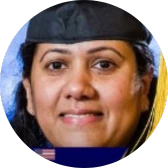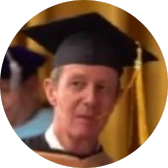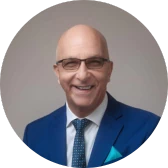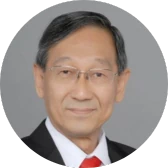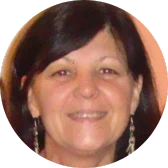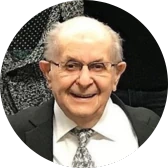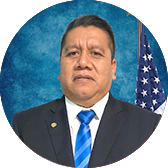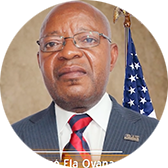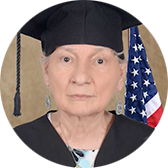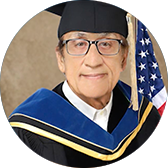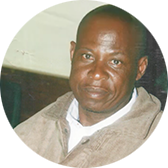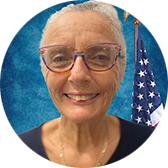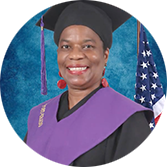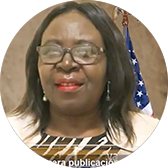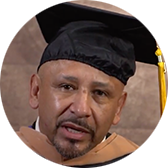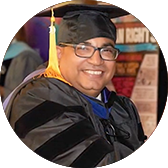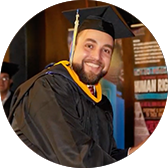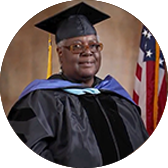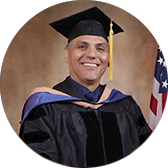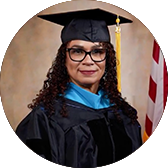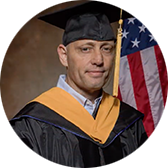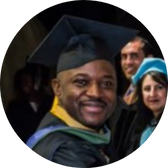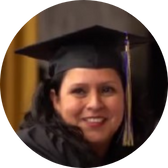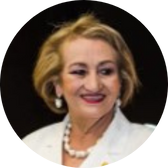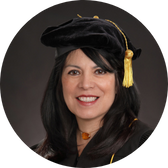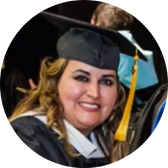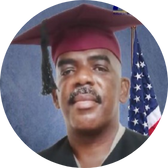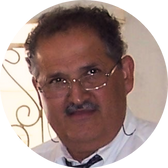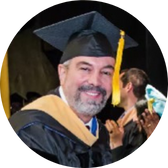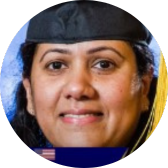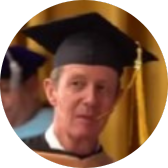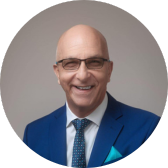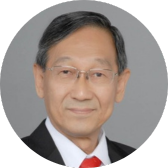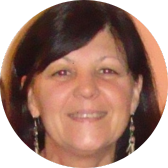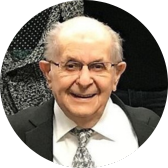Discover the Inspiring
Successes of AIU Alumni
Explore Their Journeys!

The Priority is the Planet
My Life is a success
Audley Gary Facey
Jamaica
Gary has been with the Jamaican Ministry of Agriculture and Fisheries for over 30 years, and during this time, in parallel, he has had the opportunity to earn a Bachelor's degree and later a Master's degree in Animal Science. And recently he obtained his Ph.D. from Atlantic International University.
With 4 publications to his credit, Gary has a clear mission to help reduce the impact of climate change through knowledge. In fact, one of the most important publications of his in his career has been: “The Impact of Climate Change on the performance of small ruminants in the Caribbean Communities”.
Read More
The Priority
is the Planet
Inspiring the community through public speaking
My Life is a success
Dr. Ernest Chen
Singapore
Connecting with a purpose, definitely, provides a unique feeling of happiness and gratitude and that is that in serving, magic is achieved, the door to self-realization.
Testimony of this feeling of fulfillment is Ernest Chen, a very busy man in Singapore, who spends his time playing with children in schools, helping leaders or organizing events, winner of 5 awards from the Singapore government for community service.
Read More
Inspiring the community
through public speaking
The bigger man is less felt
My Life is a success
Carlos Rossi
Ecuador
Dreams do not have an ideal moment to come true and this is the case with Carlos Rossi. Passionate about studies, due to the demands of day-to-day, family, work, and other obligations left his dream of getting a doctorate aside.
Time passed and while his professional career was consolidating, Rossi found at Atlantic International University the opportunity to do not one, but two Ph.D’s, a Ph.D. in Human Resources and later a Ph.D. in Education; this thanks to the facilities of the program that allows students to combine their personal and professional lives with their goals.
Read More
The bigger man
is less felt
Mastering change through education
My Life is a success
Rosendo Huerta
Venezuela
Change is a universal experience. For over 2500 years, humanity has discussed the concept of change and its implications on our daily lives. During our days, change remains "the only constant," turning our ability to adjust into a primary skill for all dimensions of our lives, for that is the pillar to face unforeseen situations.
Rosendo Huerta, a Venezuelan Mechanical Engineer, understands change pretty well. In 2019, Huerta graduated from the Atlantic International University and became a Doctor in Project Management. However, his transformation started before this...
Read More
Mastering change
through education
Responding to climate change
My Life is a success
Edison Pares Atiles
Puerto Rico
Climate change brings destruction in countless ways. One example of this is the aftermath of hurricane season in 2017 when two almost consecutive hurricanes -Irma and Maria- hit Puerto Rico.c
These disasters brought damages for dozens of billions of dollars and a total power outage that lasted for days -even weeks, in most remote areas...
Read More
Responding to climate change
The Green Developer
My Life is a success
Marco Antonio Guerrero
Bolivia
Marco Antonio Guerrero Hiza, teacher and consultant from Bolivia, builds a life around preserving the world's natural landscape and biodiversity. As part of this journey, he joined AIU to become a Doctor of Environmental Science and successfully graduated in 2012... Read More
The Green Developer
Education on diversity
My Life is a success
Jacqueline Cox Taylor
Australia
Quality education is a prime pursuit of our society if we desire a better future for our world and planet. The digital era has adjusted our way of learning, creating new challenges for both students and educators.
These challenges emerge from different perspectives, but the main one is the necessity of erasing old models that portray education as a universal event. As experience shows us, education is an individual experience...
Read More
Education on diversity
Beating the Third World paradox
My Life is a success
Jose Ela Oyana
Equatorial Guinea
Being part of the "third world" is often full of contradictions. Perhaps the biggest is the resource curse, and Equatorial Guinea is an example of this phenomenon.
This nation struck oil in 1995 and became one of the biggest oil producers of Sub-Saharan Africa. However, more than three-quarters of the population lives in poverty...
Read More
Beating the Third
World paradox
A legacy for your community
My Life is a success
Ken Emmanuel Karyou Marblow
Norway
From a very young age Ken Emmanuel Karyou Marblow dreamed of being a Doctor. He was born in Liberia, in a very small village, with hardly any access to healthcare. He began studying biology and chemistry while working to support himself. A year after beginning his studies, the civil war broke out in his country, for which he had to flee to the Ivory Coast, leaving everything behind. Read More
Dreams that come true
Education for health
My Life is a success
Sotah Mahanya
Swaziland
Universal health is one of the biggest challenges our world faces nowadays, without counting the foreseeable effects of the COVID-19 pandemic.
The World Health Organization states that regarding all the efforts and projects put towards achieving the Sustainable Development Goals, number 3, Good Health and Well Being, is still a hurdle for more than half of the total world population. As for most structural problems, developing countries face a more significant gap than many others...
Read More
